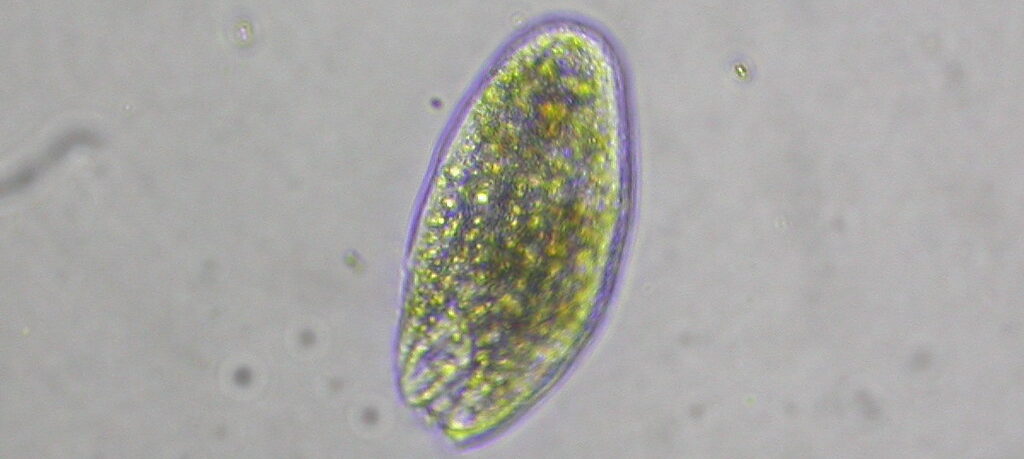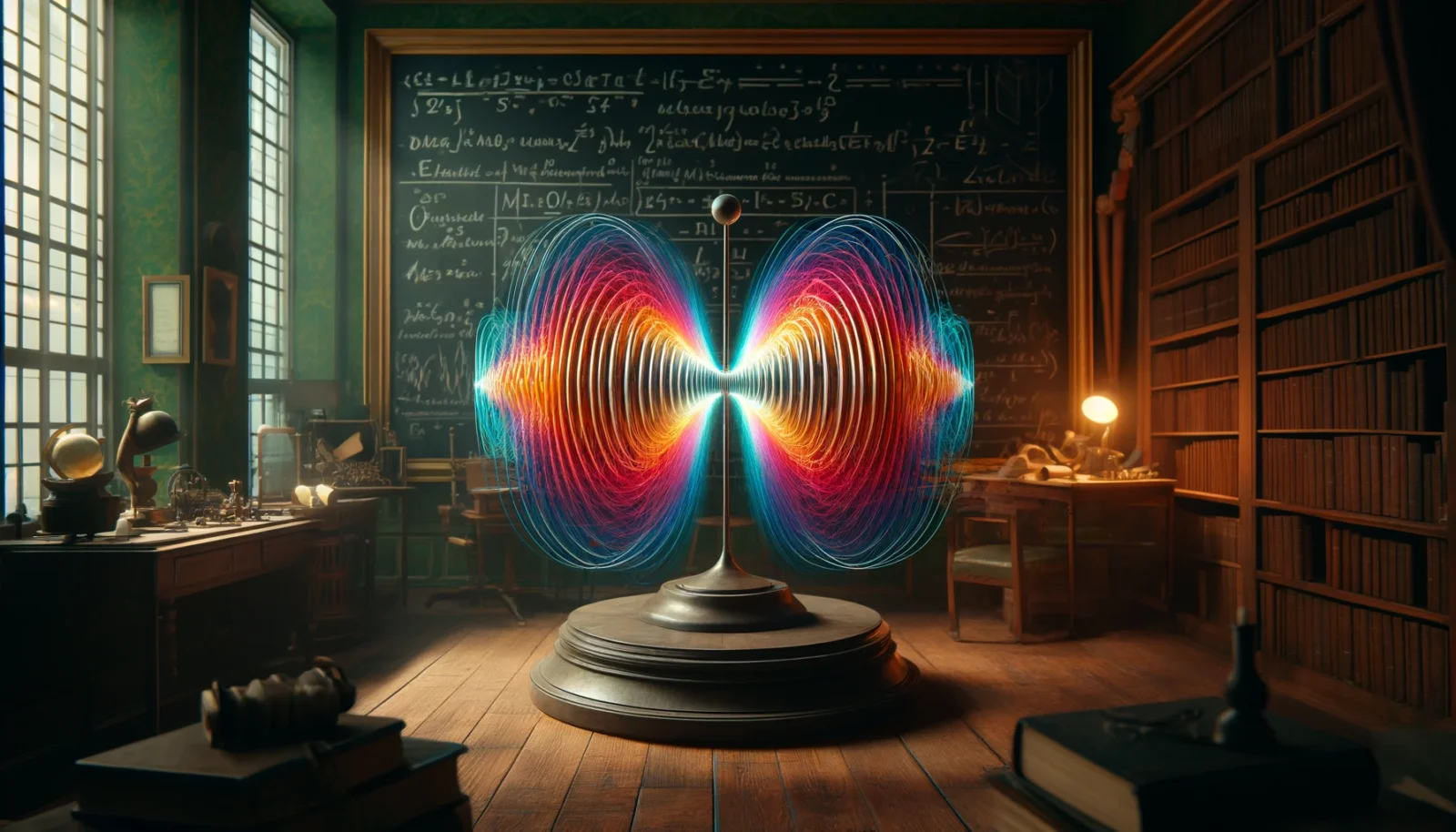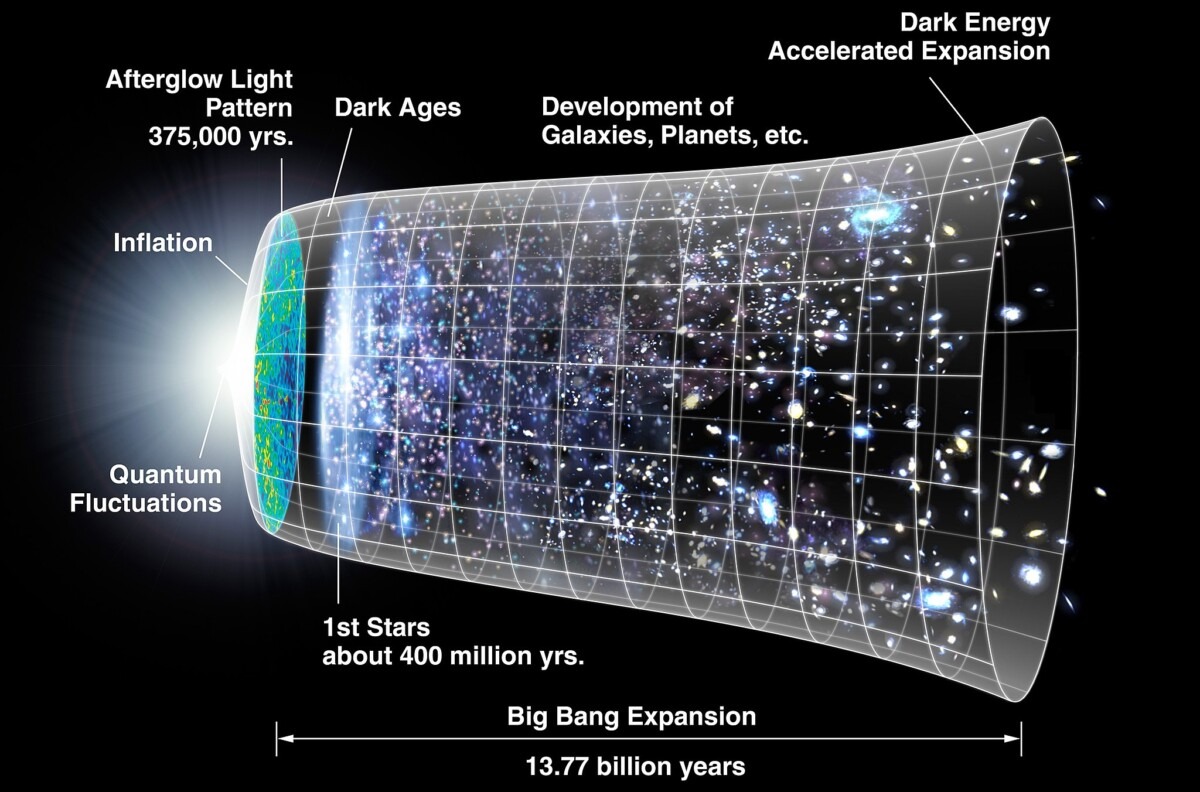Anaxagoras (circa 500-428 BCE)
By 450 BCE, some were trying to convince humanity of the true nature of the solar system. They understood and promoted the idea that the moon was not a deity but a physical body. Anaxagoras was one of the earliest known proponents of this view. He deduced that the moon is made of solid rock […]
Anaxagoras (circa 500-428 BCE) Read More »







